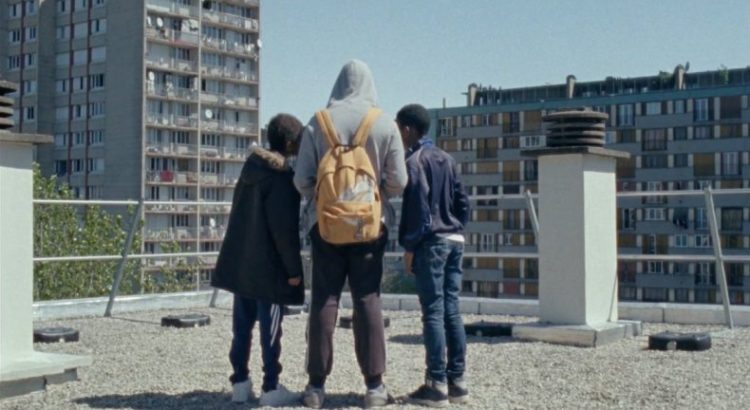Les Misérables was one of my favorite films I’ve seen in the past few months. In describing the film and what I liked about it (at a hundred miles a minute) to my friend, she responded saying, “It’s really interesting that even Paris has these kinds of disparities and issues.” She was referring to police corruption and brutality and its role in lower income communities. This surprised me, but at the same time the American idea of Paris (and France in general) has always been a highly contrived product of the global imagination. So before I even go into the content of the film, straight out the gate I think it’s important that it is shown in the US. In a related way, it’s easy to apply our context of race relations to all media we encounter, but the construct of race is as highly pervasive as it is contextual.
Before I praise the film, I do want to address that it isn’t perfect. The narrative of police brutality given mostly from the perspective of the police team didn’t sit super well with me, though I did find the nuance behind (most) of the officers to be effective in illustrating the logic of power abuse. Ultimately, the community and after effects of the police force’s actions feel underrepresented as well. I think it’s important to be critical about the representation of power structures in media. My perspective is quite limited here and so I highly recommend consulting other reviews in constructing your takeaways from Les Misérables.
I thought the tension achieved in this film was both amazing and highly uncomfortable. The fact that the chronology of the story is condensed into two days in such a skillful way contributes to this. Throughout the movie, we come to understand the different hubs in the community’s network through a series of telling interactions. These confrontations alternate between severe escalation and de-escalation of tension, culminating in an electrifying conclusion. It all feels very quick, but at the same time, I left the theater feeling an acute sense of dislocation.
Don’t let the subtitles scare you; I thoroughly recommend this highly relevant film. I equally recommend being critical about it and using it as a catalyst for conversation and reflection.


